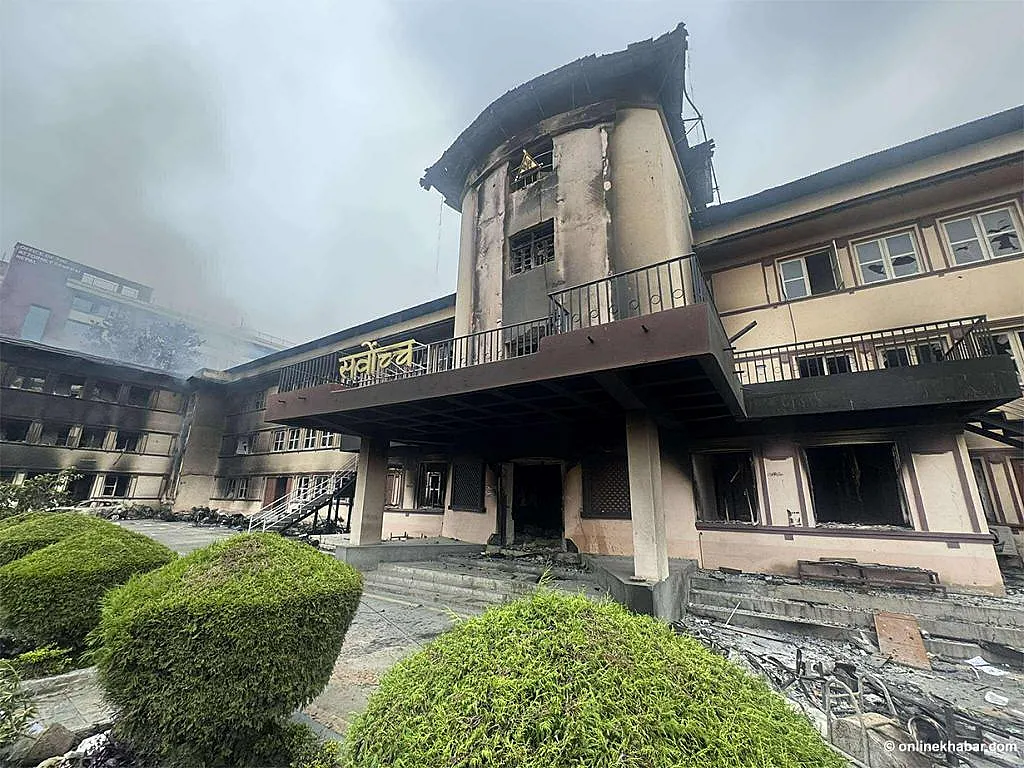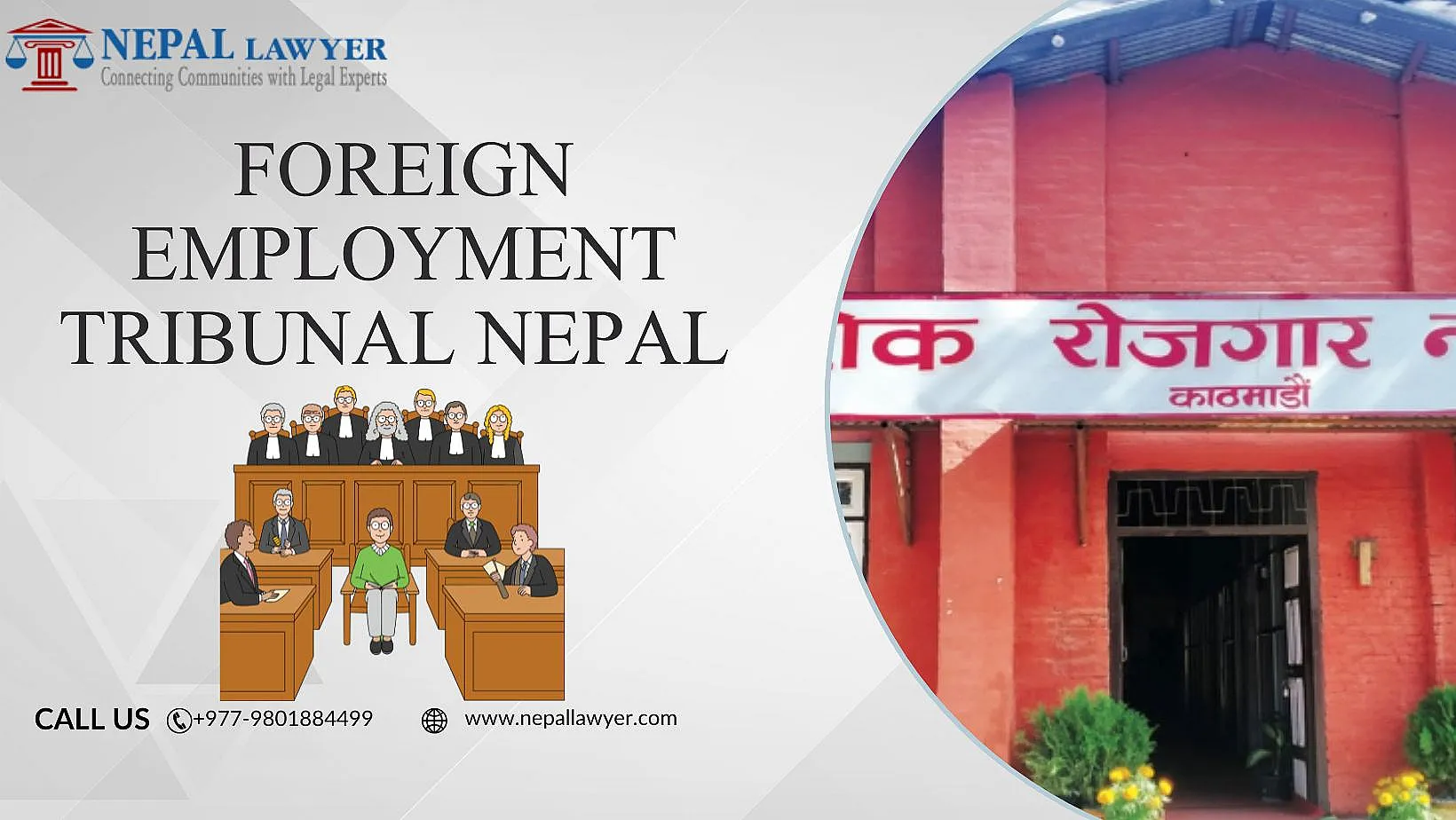Complete guide to refugee court marriage process in Nepal. Learn legal requirements, documents, timeline & steps for Bhutanese refugees. [...]
Read moreCategories
- Family Law
- Criminal Law
- Corporate Law
- Banking/Finance Law
- Immigration Law
- Real Estate Law
- Divorce Process in Nepal
- Constitution of Nepal
- Constitutional law
- General
- General Laws
- Tort law
- Labour Law
- Company Law
- NRN (Non-Resident Nepali)
- NRN Law
- Online Notary Service in Nepal
- Company Registration Service in Nepal
- Business Visa in Nepal
- Law Firm in Nepal
Popular Blogs

Dowry System in Nepal
“One of the worst evils of Nepalese soci...

Divorce Law in Nepal 2026
A divorce is among the most traumatic oc...

सम्बन्ध बिच्छेद के हो ? नेपालको कानुनी ब्यवस्था र प्रक्रिया कस्तो छ ?
सम्बन्धविच्छेद भनेको श्रीमान श्रीमती बिच...

How to make Police Clearance Certificate in nepal?
Police Clearance Certificate (PCC) is an...
Submit Your Article
If you are a Lawyer or Law Firm and want to submit your article, please contact us and we will help you publish it.
Contact Us


-thumb.webp)





